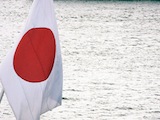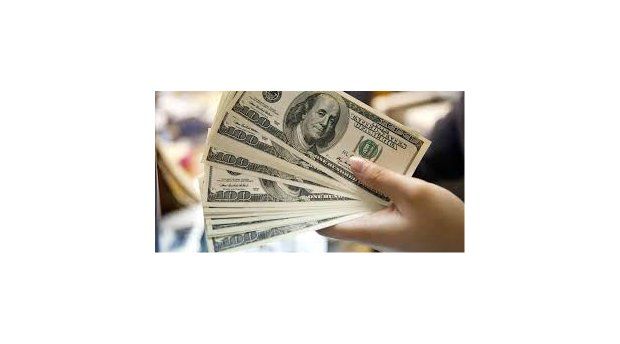The Japan Machinery Orders Fall on Strong Yen
Post Views 0Japan’s machinery orders fell unexpectedly fell for a second straight month in October, signaling that a slowing economy and the strong yen are prompting all of the companies to postpone the investment.
Bookings, which is an indicator of capital spending, decreased 6.9 percent from a month earlier, the Cabinet Office said yesterday in Tokyo, a larger decline than was previously predicted by all 27 economists that were surveyed by Bloomberg News.
Shares in the machinery makers including Fanuc Corp. (6954) and Tokyo Electron Ltd. (8035) fell after the report was showed. Yesterday, the government said that exports in the first 20 days of the month of November fell at the fastest pace since May, adding to the signs that Europe’s fiscal crisis and yen that rose to a postwar record on October 31 against the dollar are weighing on demand.
”Nobody is really forecasting Europe will break up, but corporate managers have to prepare for the worst,” said Takuji Okubo, who is the chief Japan economist in Tokyo at Societe Generale SA. ”It’s understandable that they would like to delay large capital investment decisions.”
As of 11:48 am in Tokyo, the yen traded at 77.67 per dollar, compared with its post World War II record of 75.35 and the Nikkei 225 Stock Average slid 1 percent to 8,629.15.
The Nikkei newspaper reported that the Group of 20 economies were preparing a $600 billion International Monetary Fund leading program for Europe. A Japanese government official speaking on the condition of anonymity on accordance with the ministry policy said that he hadn’t heard about any specific plans for more lending.
It was the first time that the machinery orders fell for two consecutive months since February of 2010, which is an indication that capital expenditure could slow next year as Japan struggles to recover from the March 11 earthquake and tsunami. The Prime Minister Yoshihiko Noda ordered a fourth extra budget last week, a step that was unseen since the postwar reconstruction.
Exports in the first 20 days of the month of November dropped 7.2 percent from the same period a year earlier, the Finance Ministry said in a report yesterday.
The Bank of Japan (8301) Governor Masaaki Shirakawa has said that the Europe’s debt crisis is the biggest risk for Japan’s economy. Standard & Poor’s put the 15 euro nations, including Germany and France on review for a possible downgrade this week and indicated on November 24 that it could be preparing to lower Japan’s sovereign grade.
The upper house of parliament ratified a third extra budget that is worth 12.1 trillion yen ($156 billion) during the last month to help rebuild coastal areas of northeastern Japan devastated by the disaster. Two earlier packages were worth a total of almost 6 trillion yen.
The Japan Machinery Orders Fall on Strong Yen by Harrison Barnes



 10 Jobs with the Fastest Growing Salary in 2017
10 Jobs with the Fastest Growing Salary in 2017  Amazon May Have a Better Grasp on Workplace Culture
Amazon May Have a Better Grasp on Workplace Culture  Best and Worst States for Teachers to Teach
Best and Worst States for Teachers to Teach  US Dollar Gaining Momentum
US Dollar Gaining Momentum  Top Five Reasons Talented Employees Quit
Top Five Reasons Talented Employees Quit  Top 10 Universities to Produce Hedge Fund Workers
Top 10 Universities to Produce Hedge Fund Workers